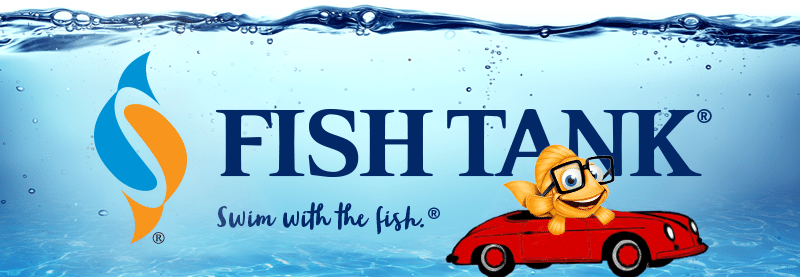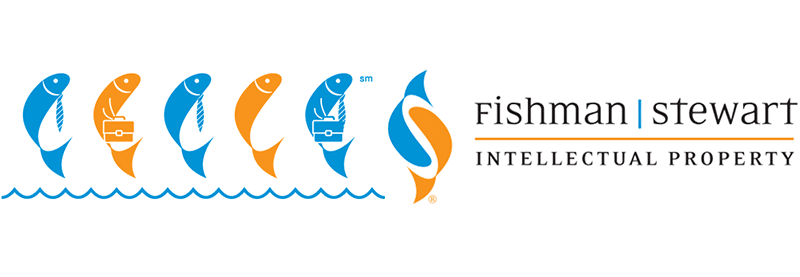Intellectual Property Insights from Fishman Stewart
Volume 20, Issue 18


Universal Car Care
In the heat of the 2020 election battles, a small but significant ballot question was passed in Massachusetts that could have broad consequences for cars, electronics, and intellectual property. Question 1, “Amend Right to Repair Law,” was passed with 75% approval. The Question amends the landmark 2012 “Massachusetts Right to Repair Initiative” that requires automakers to make diagnostic and repair information available to vehicle owners and independent repair facilities that was previously only accessible to dealers and their authorized repair technicians. The 2012 law was the first successful “Right to Repair” legislation in the United States. The Right to Repair movement seeks to combat planned obsolescence and create competition in the downstream market of product repair. No other states have passed similar laws, but the auto industry applied the Massachusetts standard of universal diagnostic and information accessibility across the entire United States.
The 2020 amendment will expand the law to require 2022 model year vehicles and beyond to base onboard telematic technology systems on a standardized open data platform so that they can be freely accessed for vehicle diagnosis and repair by vehicle owners. Telematic systems communicate with remote servers to operate features of the vehicle such as collision avoidance systems, emergency assistance, vehicle diagnostics, and fleet management. Proponents of the amendment argued that expansion of the law was necessary because cars are becoming increasingly reliant on computers to fully operate. Indeed, technology such as vehicle-to-vehicle communication systems and autonomous vehicles will be even more dependent on telematics.
Opposition leaders of “Right to Repair” inspired legislation are often concerned that such regulation will weaken intellectual property rights and open the door to counterfeiting. This fear stems from manufacturers’ reduced control over the downstream repair market, including third-party tools and replacement parts. However, as explored more fully in The Brand Protection Professional, this minor loss of control could result in a net positive for the greater economy and the manufacturers. Many Right to Repair regulations could expand competition, facilitate greater leaps in innovation, reduce waste, and suppress counterfeit demand.
Question 1 of the 2020 Massachusetts election illustrates the strong public demand for greater repairability of consumers goods and the increasing support of “Right to Repair” in the marketplace. Although the Massachusetts law currently only applies to vehicles, the law’s favorability could signal the approach of similar laws for other goods, such as consumer electronics.

Genericide
Words such as “escalator” and “trampoline” were once trademarks owned by companies who made moving stairs and spring-platform products. Due to the high frequency of people using those brand names as the common descriptive terms for the products, those once protected brands are now mere dictionary terms in the public domain. The transition of a word from a trademark to a generic term is called “Genericide.” Genericide occurs when consumers no longer relate a trademark to a particular manufacturer but rather consider the trademark to be a word that merely refers to a category of goods. Other trademarks that have suffered Genericide include “linoleum,” “dry ice,” and “flip phone.” Learn more about trademarks and make sure your brands are protected by visiting FishStewIP.com and speaking to our attorneys.

Fishman Stewart Honored
We are pleased to report that Fishman Stewart PLLC has been ranked in the 2021 U.S. News – Best Lawyers® “Best Law Firms” list regionally in 4 practice areas: Intellectual Property Litigation, Patent Litigation, Patent Law, and Trademark Law.
Firms included in the 2021 “Best Law Firms” list are recognized for professional excellence with persistently impressive ratings from clients and peers. Achieving tiered ranking signals a unique combination of quality law practice and breadth of legal expertise.
The 2021 Edition of “Best Law Firms” includes rankings in 75 national practice areas and 127 metropolitan-based practice areas. Receiving a tier designation reflects the high level of respect a firm has earned among other leading lawyers and clients in the same communities and the same practice areas for their abilities, professionalism, and integrity.
IDENTIFYING, SECURING AND ADVANCING CREATIVITY®








